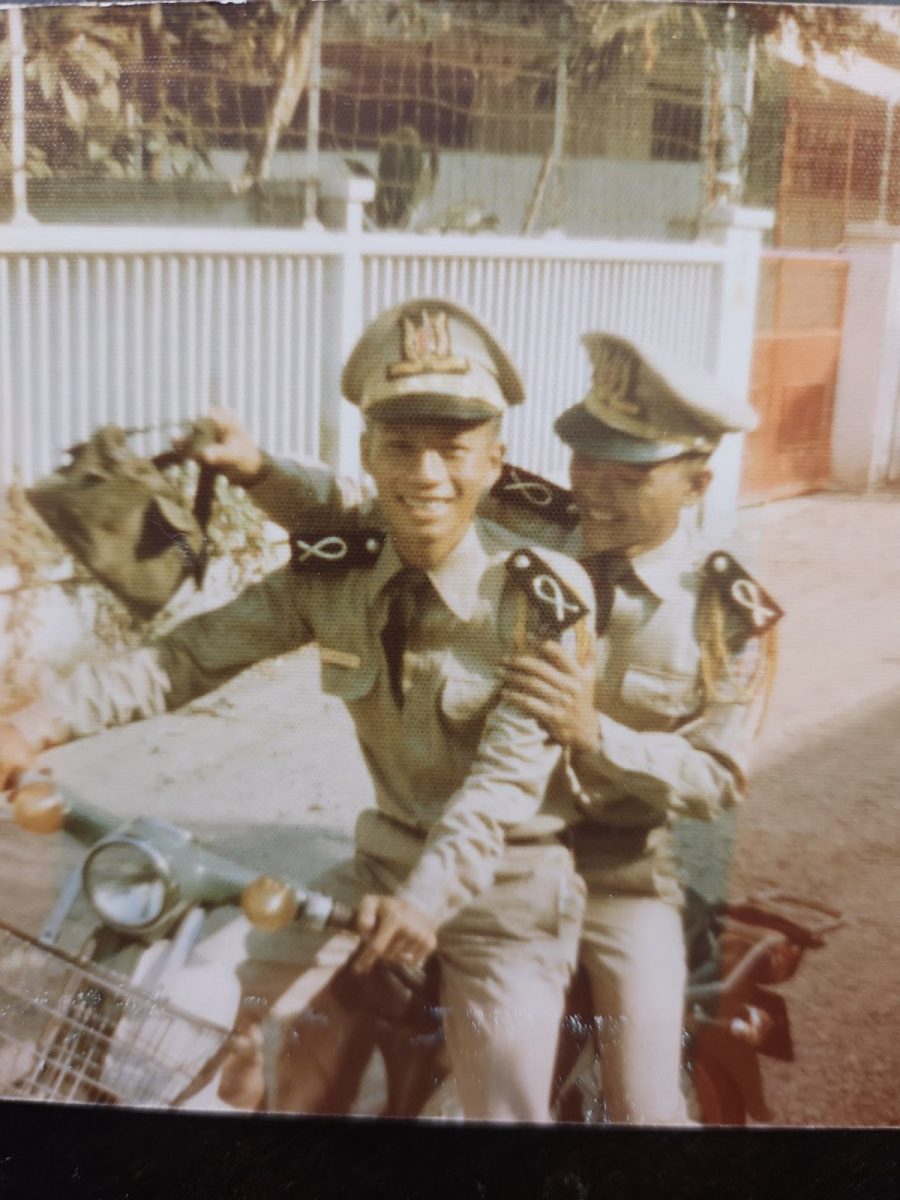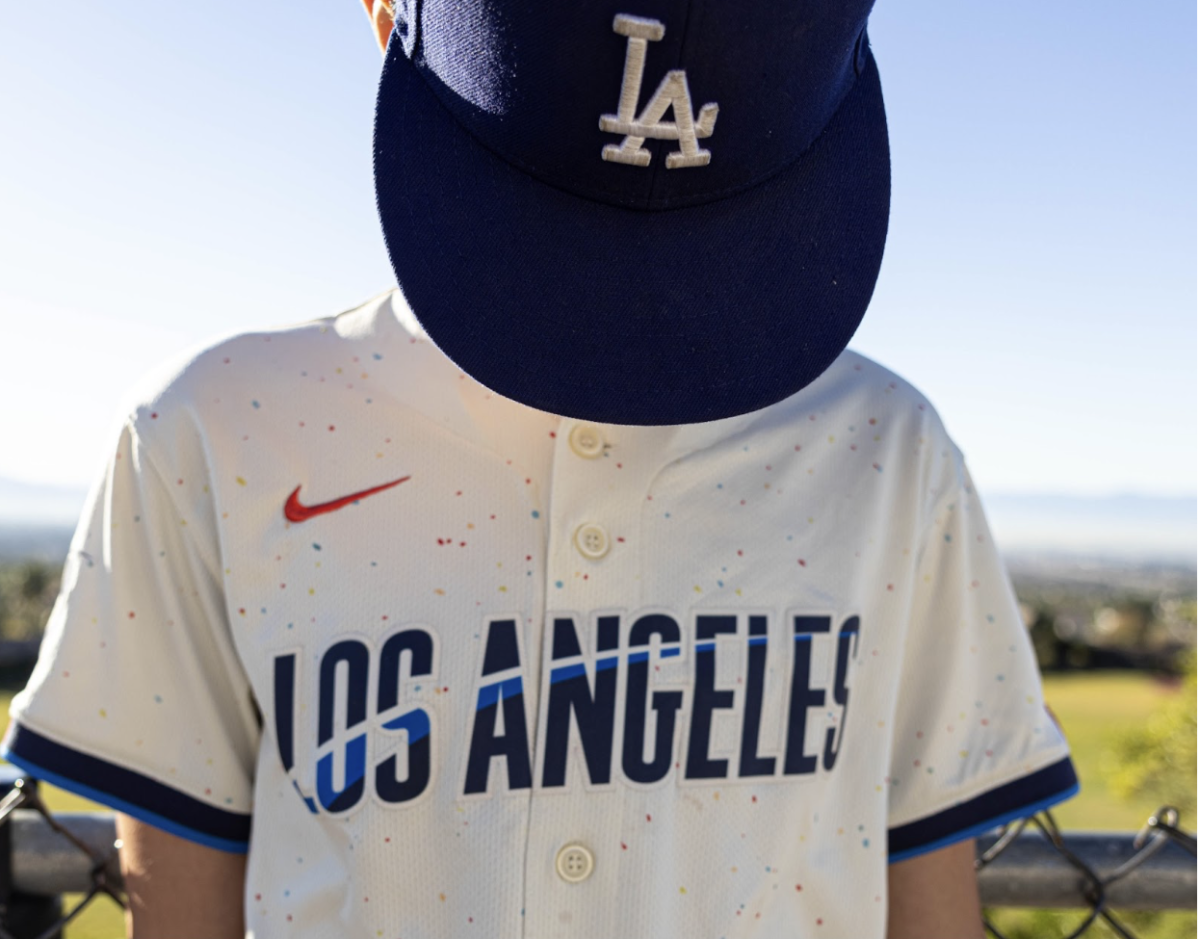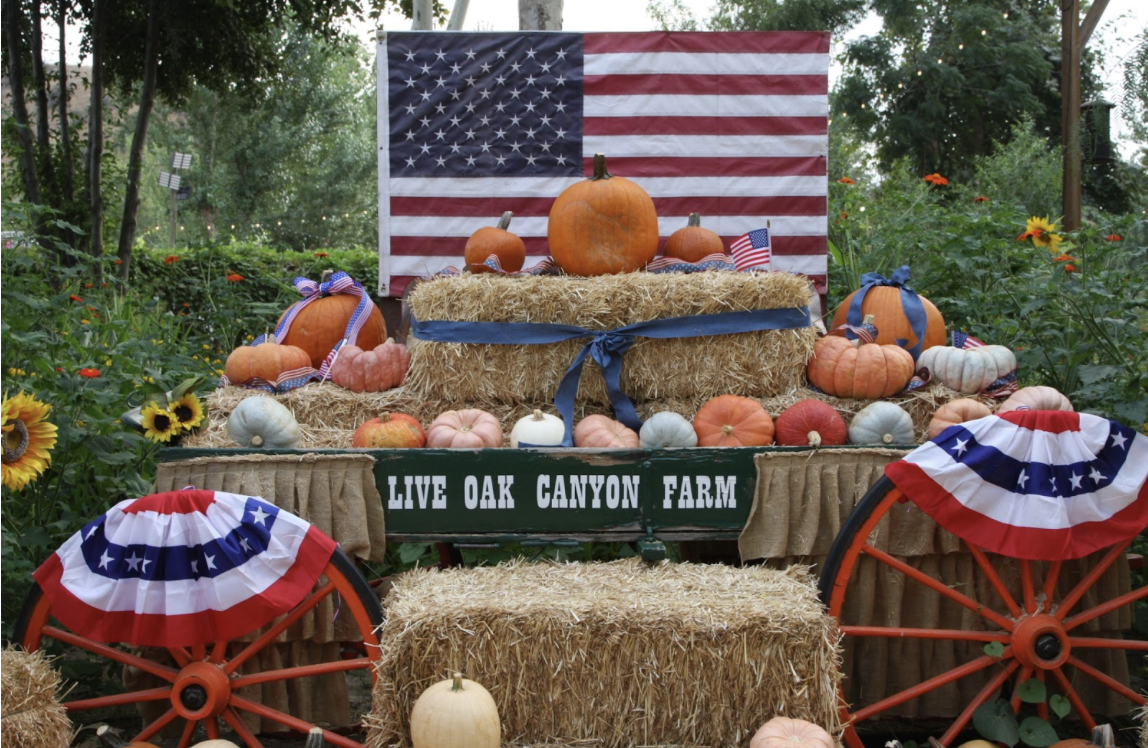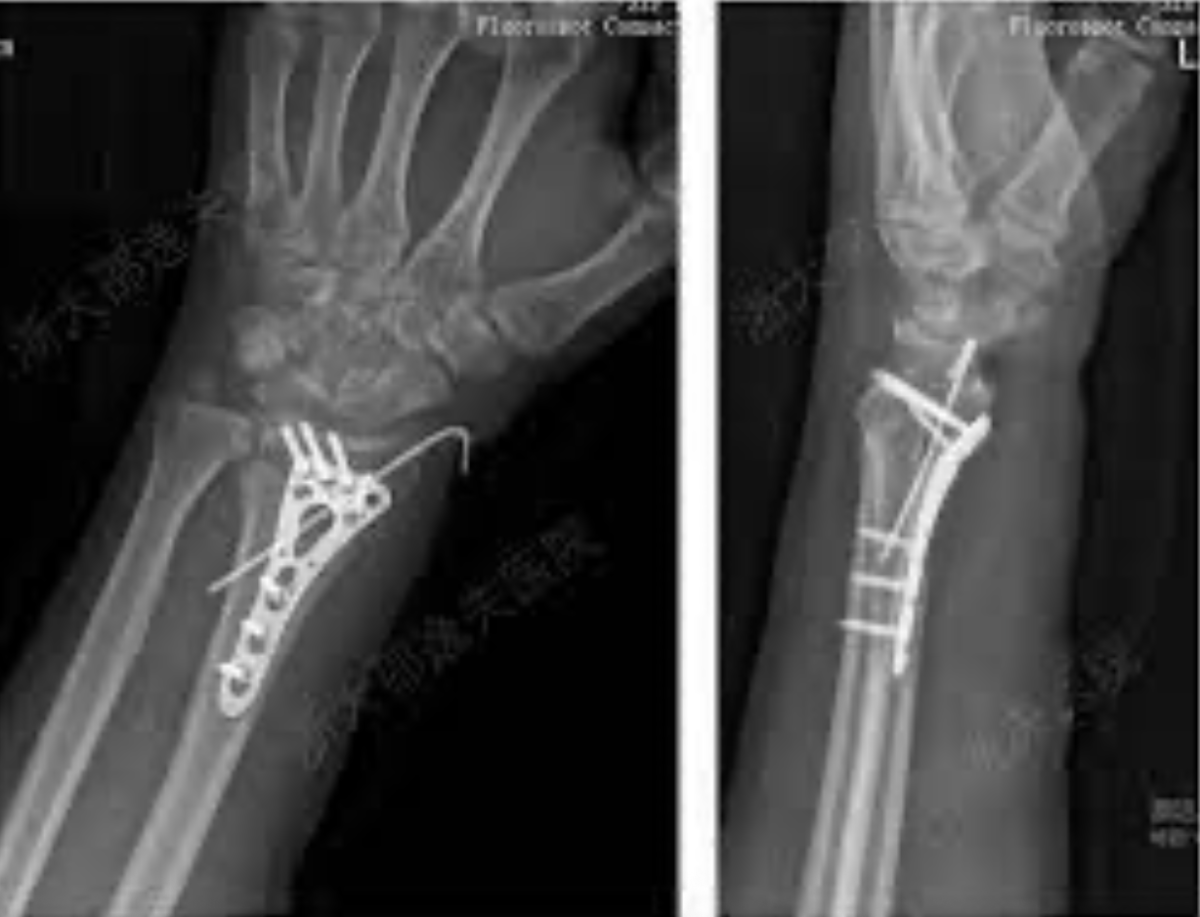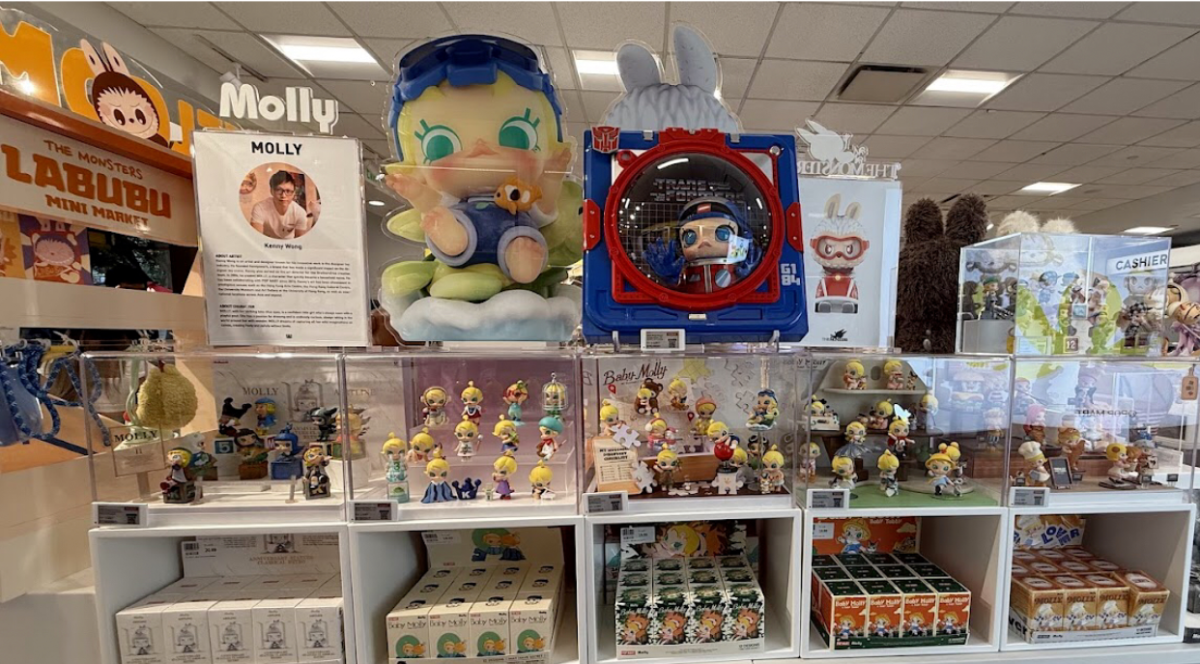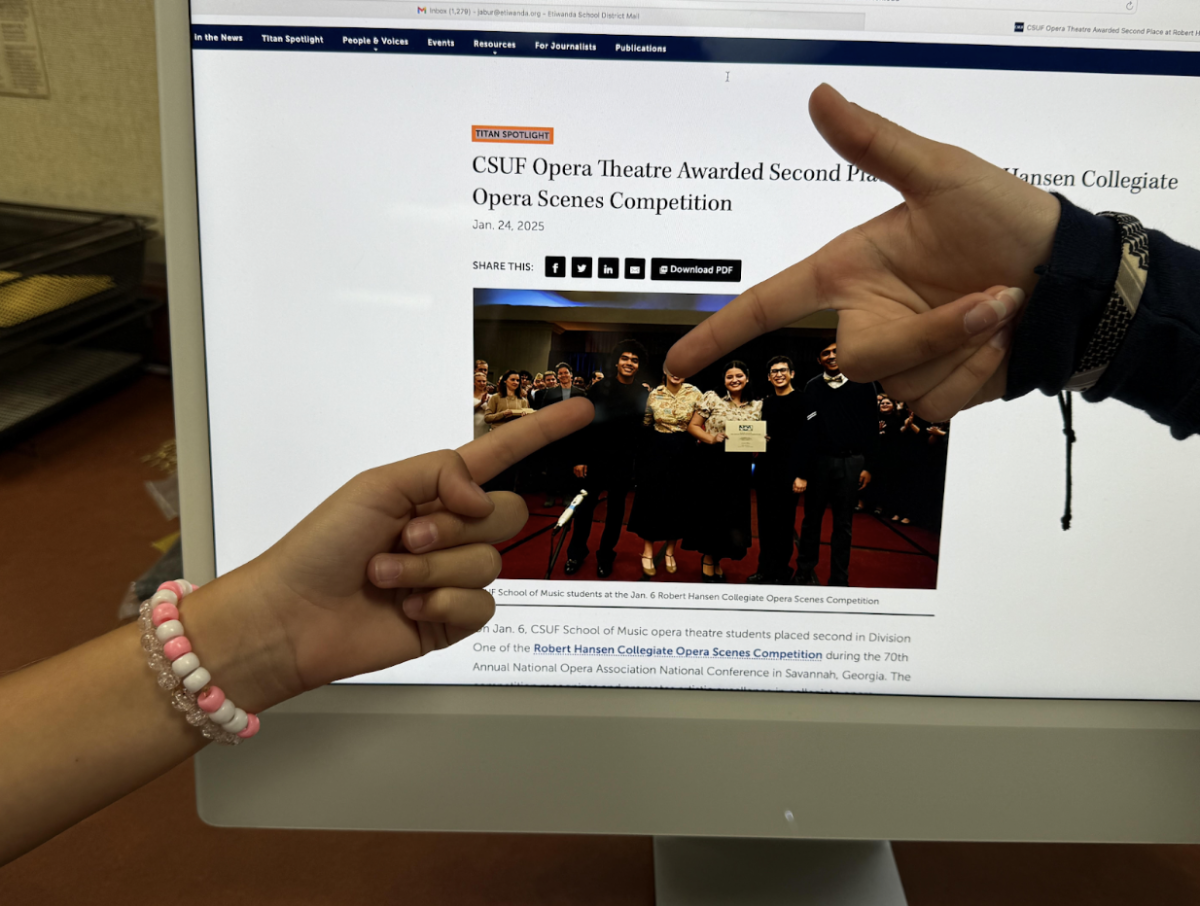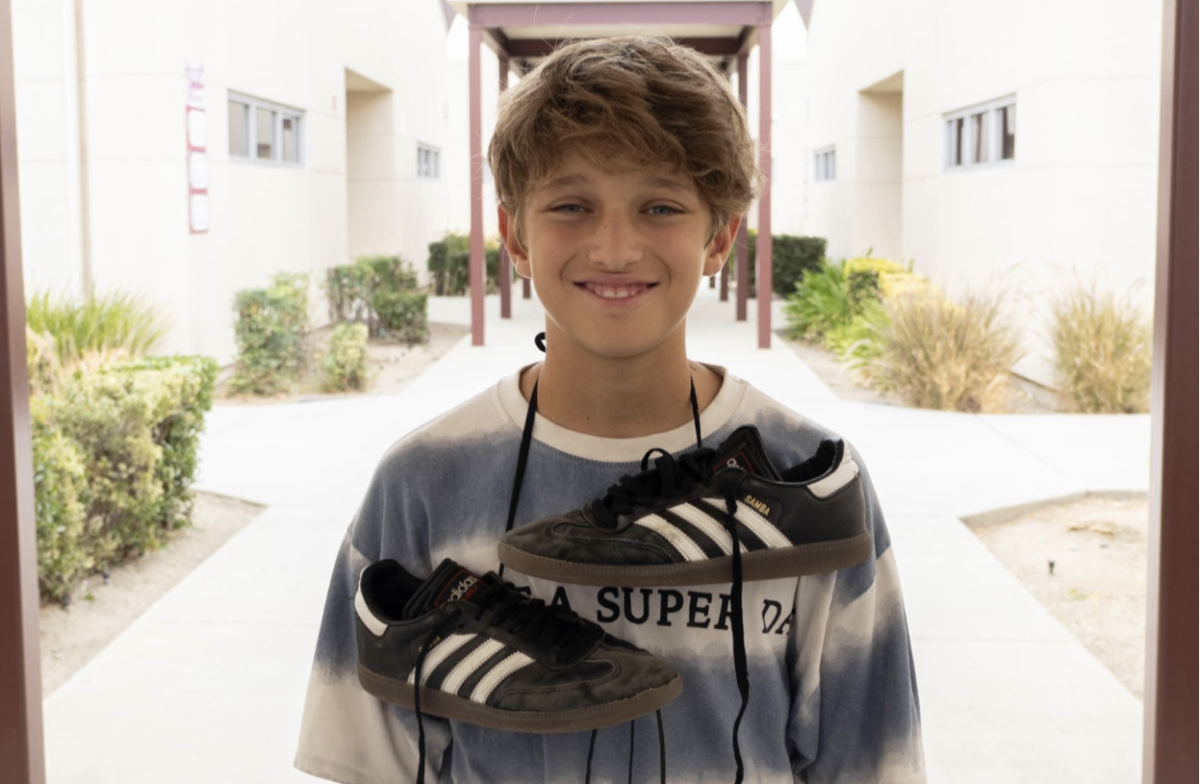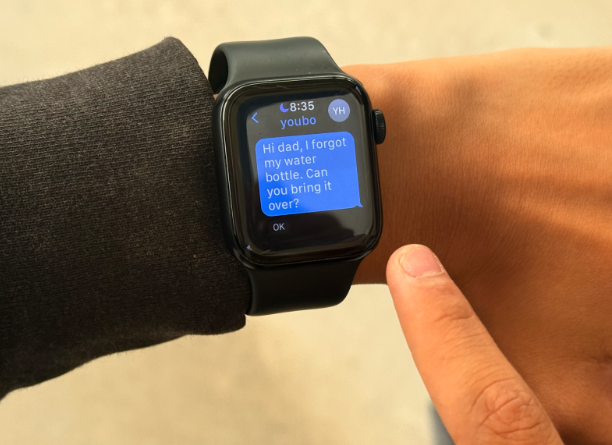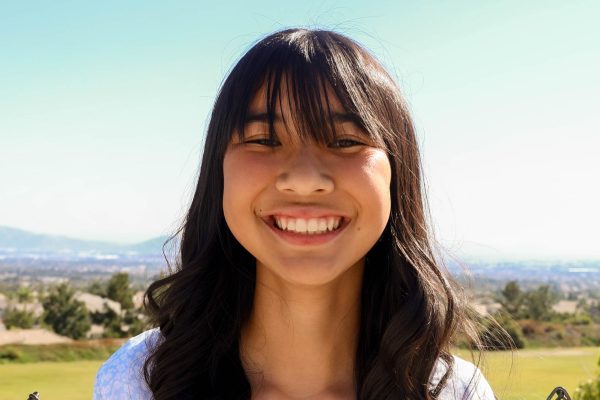North Vietnam intended to have all of Vietnam and to govern it under communism. South Vietnam had another plan. So did the United States and other free countries of the world that feared communist expansion. As a result, the Vietnam War began in 1955. South Vietnam fought alongside US forces in an attempt to push back the North Vietnamese. The war had spread as well, and Cambodia was a victim of it.
Tung Nguyen fought against the North Vietnamese when he was assigned as a platoon leader in July of 1973, and he didn’t stop fighting until April of 1975, when he escaped with his girlfriend.
Nguyen experienced the conflict from a unique point of view. Born in Cambodia, he grew up with his sister and mom living a simple life. They walked to school every day and never had any electronic device to bring distraction or provide entertainment.
Tung Nguyen was my grandpa.
He retells his story in broken English, working hard to share about life during and after the Vietnam War, where he was one of the lucky few who survived through a horrible time.
“It was a nightmare that I went through, and [I was] very fortunate that I did not lose my life or any limbs, as millions of people did,” said Nguyen.
Sixty-eight years ago, when the war began, Nguyen was still living in Cambodia with his sister, My (pronounced ‘Me) Nguyen and his mom. The war spread as American forces fought in Cambodia alongside the South Vietnamese in an effort to defend against the North Vietnamese. Fearful of war and losing a simple, peaceful way of life, Cambodians like Nguyen had to choose between two sides of a raging civil war.
Thus Tung and his older teenage sister sought a way out of the conflict, moving three hundred miles away.
“[My sister and I] were living with our parents. In 1969, the Vietnam war spread to Cambodia. Due to circumstances: schools closing, unrest in the society, our parents had to send us [away] to [South] Vietnam to live with our aunt,” Nguyen said. “That is when we had to start to fend for ourselves in a strange society, at war and [in a]chaotic [state].”
Once inside of South Vietnam, Nguyen was able to finish high school. On a beach trip, he met a girl who would later become his wife. But at 19, upon his residency in this new country, he received news that he’d be drafted into their army to defend South Vietnam. So he joined the war to defend his new country.
“I went through nine months of school and training at a military academy. [I was] excited. I learned new things each day, from the weapons to survival techniques. But nothing [will] prepare you enough in real life.”
Nhan Vo, Nguyen’s girlfriend at the time, battled her own emotions as she saw him heading for combat.
“[I was anxious] because he may [have] died during the war. At that time, we could only contact each other by mail. It’s hard to know where he [was] stationed and when he can go home to see me,” said Vo. “I [felt] worried, in fear [of] someone knocking on my door and telling me he died.”
Vo will forever be grateful that Nguyen came home safely in April of 1975.
“When the war ended, I didn’t have any idea where he was. I thought he went to [the] USA military, [and] two days after, he showed up, I was so shocked and happy he [was] alive,” said Vo.
On November 11, 1919, President Wilson officially proclaimed the idea of Armistice Day. 35 years later Armistice Day was replaced with Veterans Day.
“I don’t celebrate Veterans Day, so to speak, because I was in the South Vietnam army, not the U.S. Army,” said Nguyen. “But I feel proud and really appreciate the U.S. Armed Forces for helping to defend us. The U.S. involved over 3 million men and women during the Vietnam War. That’s not a small sacrifice and [they] lost over 52,000 and numerous wounded.”
In April of 1975, the war ended. Three months later, on July 6th, Nguyen married his girlfriend in South Vietnam. They had their first son, my father, soon after. Their young family escaped by boat on September 9, 1979, traveling 150 miles to the small village of Songkla in neighboring Thailand. They stayed in a refugee camp for six months before they were granted asylum in the U.S. A month later, my grandpa and his family began a new life in Rochester, Minnesota, where he still resides. Though he began his career in the States as a janitor for the Mayo Clinic, he moved on as a translator using his multilingual background to communicate at the Clinic for those who spoke French, Vietnamese, and Cambodian.
Decades have passed since my grandfather’s immigration into America. Yet he’s never forgotten his early years of combat alongside the U.S. military in Southeast Asia. While he may not directly celebrate Veterans Day, he shows nothing but deep honor and respect for what the United States Armed Forces did to help South Vietnam.
“Despite my two years of service in Vietnam, there [were] people who gave more to their country. I learned to appreciate more [of] my family, and this country [I live in].”


